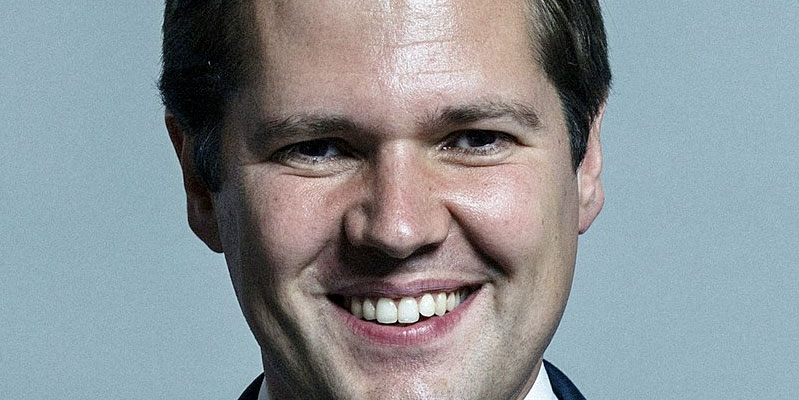
Funding to replace EU grants for major projects could be better for councils after Brexit, the communities secretary has pledged.
In his last appearance before MPs ahead of the general election, Robert Jenrick told members of the Housing, Communities and Local Government committee that funding pots currently including EU structural grants would continue after the UK leaves the European Union (EU).
The shared prosperity fund will replace funding for infrastructure and regeneration projects in deprived parts of the country.
The minister sought to reassure councils that there would be continuity for projects that are under way or have been planned with finance from the EU as a major element.
But Jenrick admitted the change would not be simple: “It is a complex change.
“There’s, I think, an understandable response, to design a new system, which is around maximum continuity with the present one, that we would like to ensure that whatever replaces the structural funds is better than what came before is more tailored to the needs of communities.
“The Treasury have guaranteed the existing funds to the 2021.
“So, there is a period of time in which existing funds will be in place. There isn’t a need for the successor scheme to be in place at the current time.
“And our approach has been to consider this carefully and ensure that what we do end up with is better than what came before.”
Jenrick was also challenged by members of the committee over the decision to raise the cost to councils of borrowing from the Public Works Loans Board (PWLB).
MPs argued the decision would directly hit initiatives such as building more affordable housing.
Jenrick rejected the claim: “I’m not blind to it. As local government secretary, obviously part of my role in government is to represent the views of local authorities and many have, as you’d expect, made representations to me expressing concerns, but it does only return the rates to the place that they were in 2018. So, I don’t expect this will have a significant impact.”
He then directly criticised councils that have attempted to generate future income by borrowing to buy assets that will deliver an income such as shopping centres.
He said: “There has been some abuse of the PWLB by a minority of local authorities who have become highly indebted, as a result of boring very cheaply, and – perhaps even more concerningly – a small number of local authorities who have used it to purchase what I think are quite risky assets outside of their local authority boundaries.
“Purchasing shopping centres and, and so on, may well not turn out to be good investments at all.
“And which is only possible because the taxpayer is providing such attractive loans through the PWLB.
“So I think a degree of reform was probably necessary. And I hope that local authorities that have been in that market will desist.”
The fund he said should be used to focus on assets and projects in a local area such as education and regeneration.
The minister also claimed council finances were secure, thanks to the funding plans announced by the chancellor in the one-year statement.
He said: “My first priority as secretary of state was to ensure that we secured a settlement for the next financial year, which put the sector on a sustainable footing and a platform on which it could build.
“I appreciate that that was only a one-year settlement, which was a product of the situation we found ourselves approaching the 31st of October, but the settlement we achieved has been widely recognised as a good one, which does provide that platform.
He claimed: “It is almost certainly the most generous one that we’ve seen for 10 years. And we focused additional funding on higher tier authorities, particularly to tackle the challenges about our and children’s services. The Local Government Association and most of the stakeholders that we deal with welcomed the settlement.”
He also claimed that councils had enough funding to ensure local communities were ready and informed for any eventuality in the days after Brexit.
Jenrick told MPs that cash allocated for communications was enough to ensure the public were prepared.
He said: “We provided £77m to councils and to local resilience forums so that they would have the resources they need not for capital investment, which I appreciate will be more expensive but for staffing for over time for communications.”
“We have given additional resources to those local authorities that are in areas with secondary ports.
“We’ve given extra funding to each of those councils because obviously, we appreciated that, although all councils will have some Brexit preparedness to do, some were particularly challenged by it.
“And those tend to be those were significant transport infrastructure in them, or ports, not all sea ports also, and land ports as well.”











